Why it’s time to prioritize your emotional intelligence
Summary
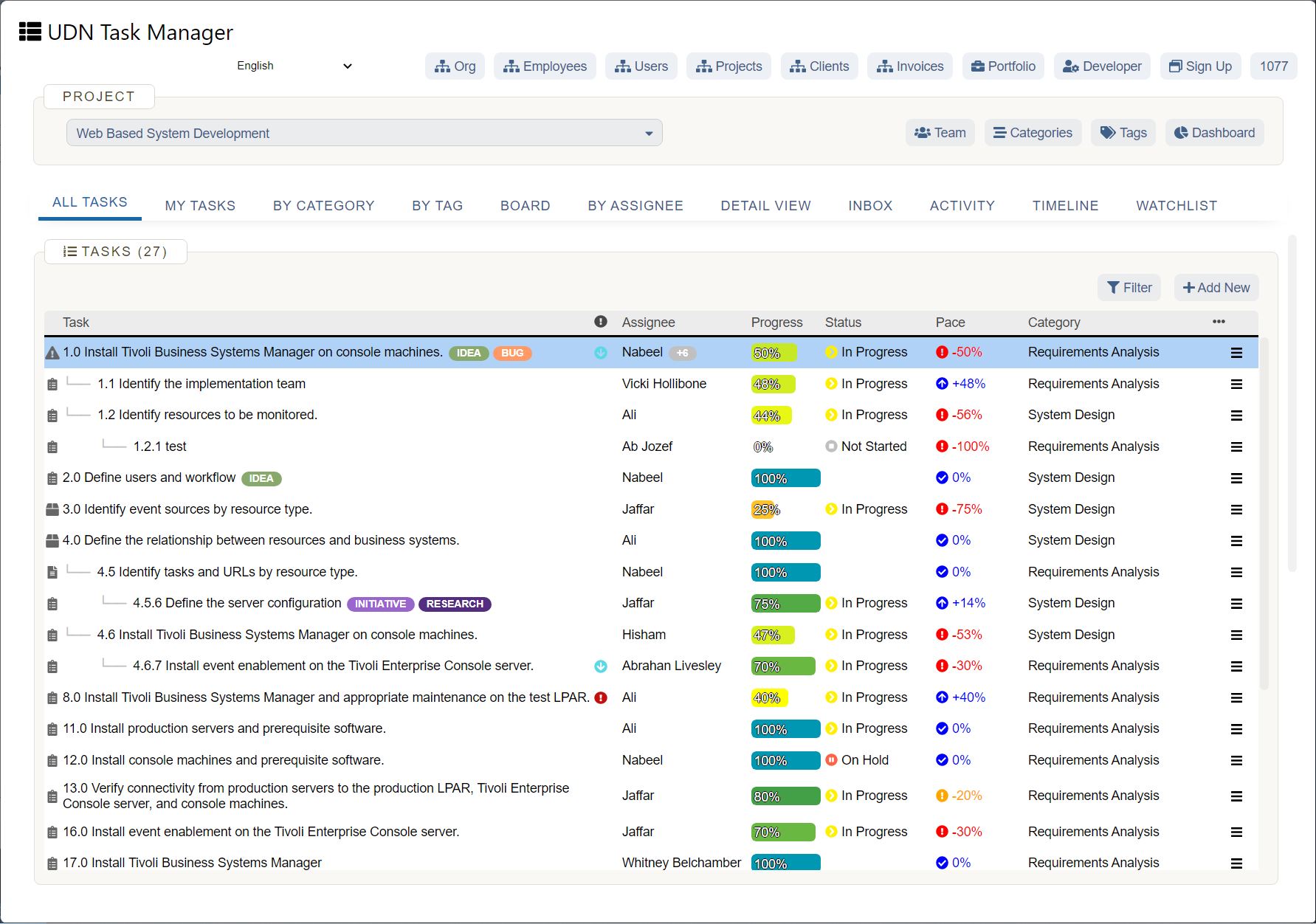
Emotional intelligence is the ability to accurately understand your emotions and recognize other people’s emotions accurately. It’s a critical soft skill for effective collaboration, interpersonal relationships, and good communication in the workplace. In this article, we’ll take a look at why emotional intelligence is important for leaders. Then, get nine tips to build your emotional intelligence skills.
What is emotional intelligence (EQ)?
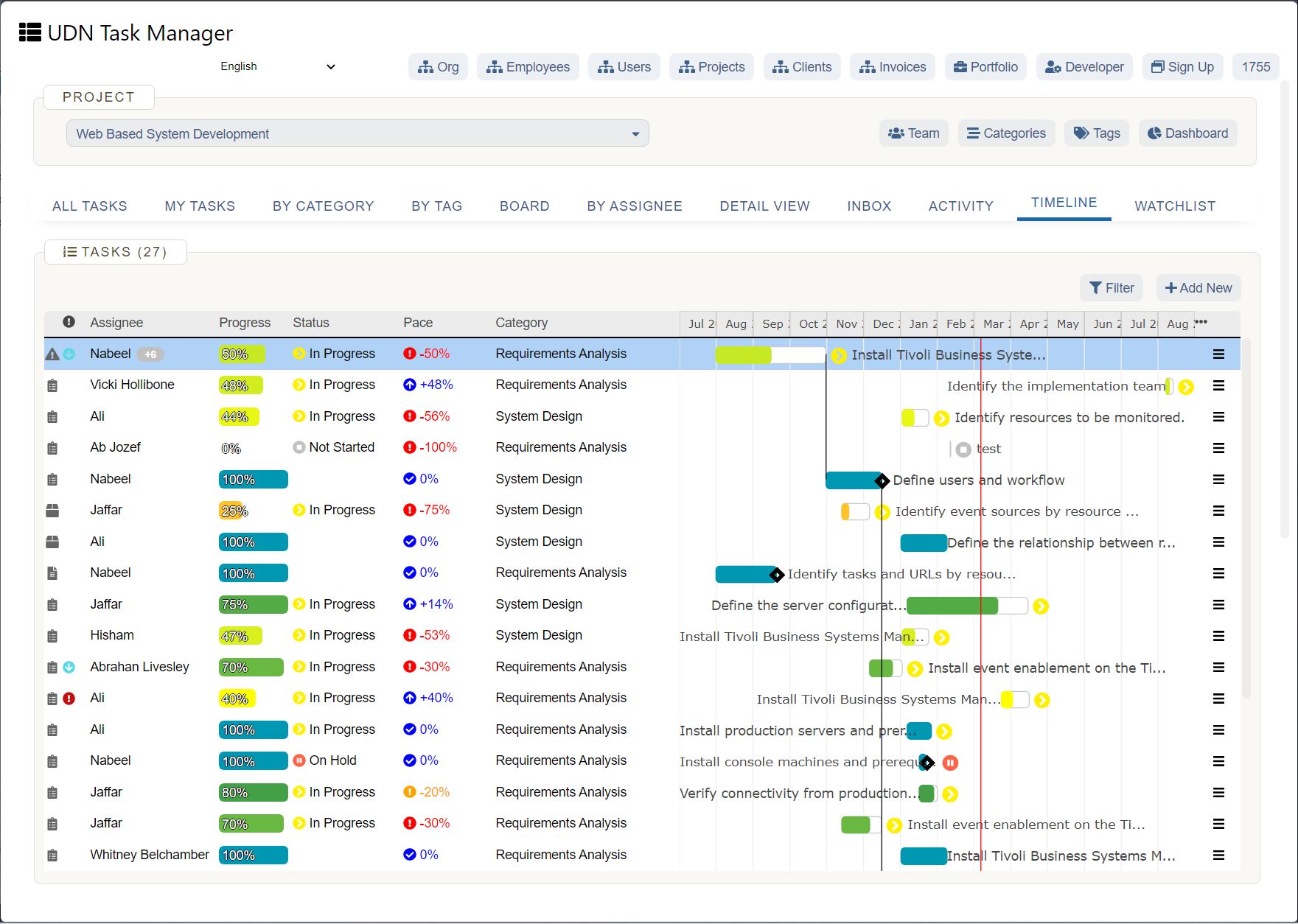
Emotional intelligence is the ability to recognize, regulate, and understand emotions—both in yourself and in others. High emotional intelligence helps you connect with others, build empathetic connections, communicate effectively, overcome conflict, and express your feelings. You may have heard emotional intelligence referred to as EI or emotional quotient.
It often feels like emotional intelligence is something you either have or don’t have. But just like your intelligence quotient (IQ), EQ is a muscle you can develop over time.
The history of emotional intelligence
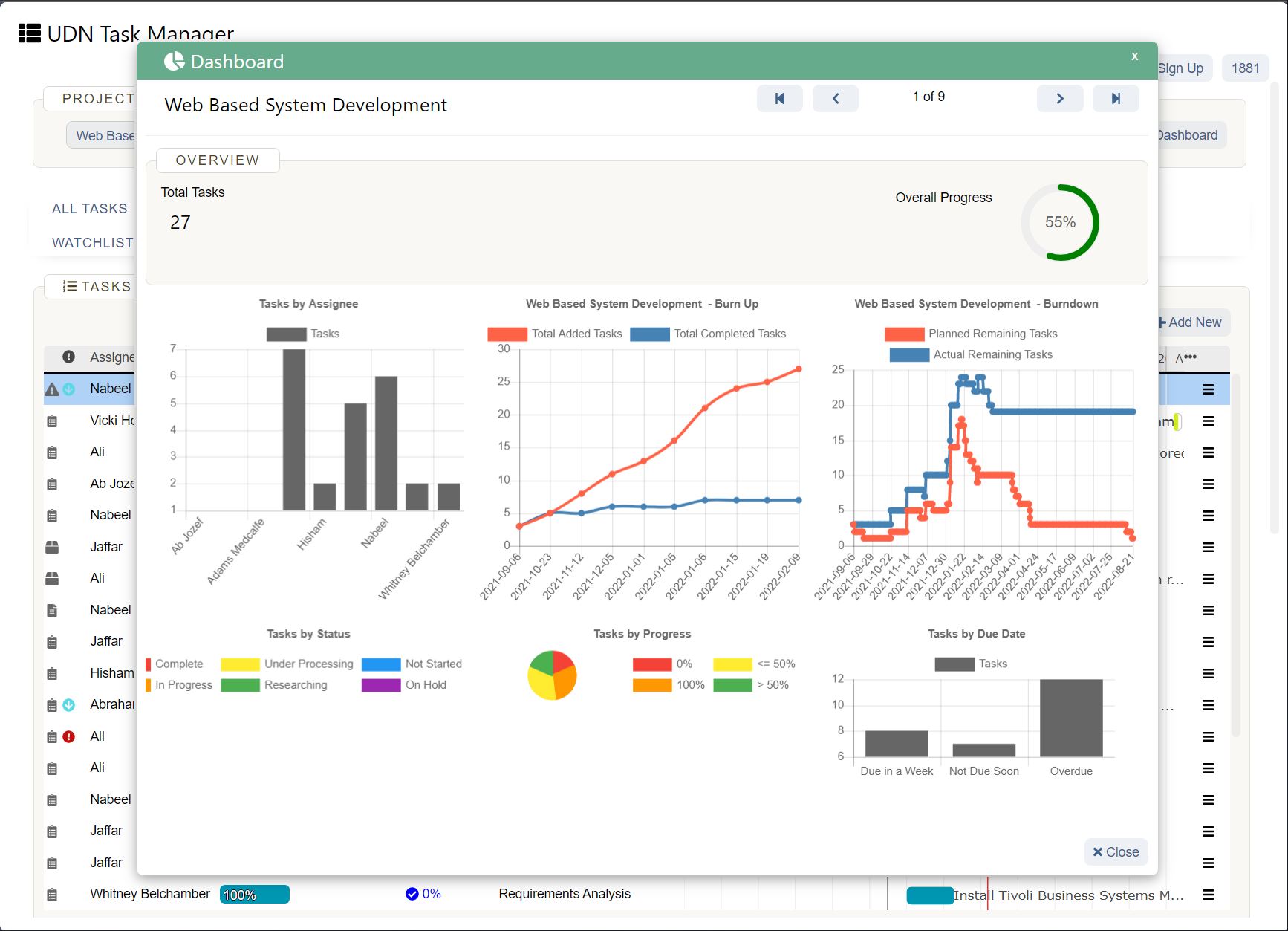
Psychologists have been studying emotional intelligence since the concept of “social intelligence” was introduced by Edward Thorndike in 1920. Later, Howard Gardner built on this theory by introducing the idea that more than one type of intelligence contributes to cognitive ability. In his 1983 book Gardner introduced the concept of interpersonal and intrapersonal intelligences.
However, the term “emotional intelligence” only gained popularity after the 1995 book written by science journalist Daniel Goleman. In his book, Goleman defines emotional intelligence and establishes the importance of EQ in leadership.
Later, in 2004, Peter Salovey and John Mayer expanded the scope and understanding of emotional intelligence. Salovey and Mayer developed the trait model to develop and measure emotional intelligence. This later led to the first emotional intelligence test, the Mayer-Salovey-Caruso emotional intelligence test (MSCEIT).
Today, emotional intelligence is studied by a variety of psychologists looking to understand the different emotional competencies, interpersonal skills that contribute to emotional intelligence, and the difference between EQ and IQ. While many psychologists disagree on the exact details of emotional intelligence, most agree that this is a skill you can build with practice and training.
The benefits of high EQ
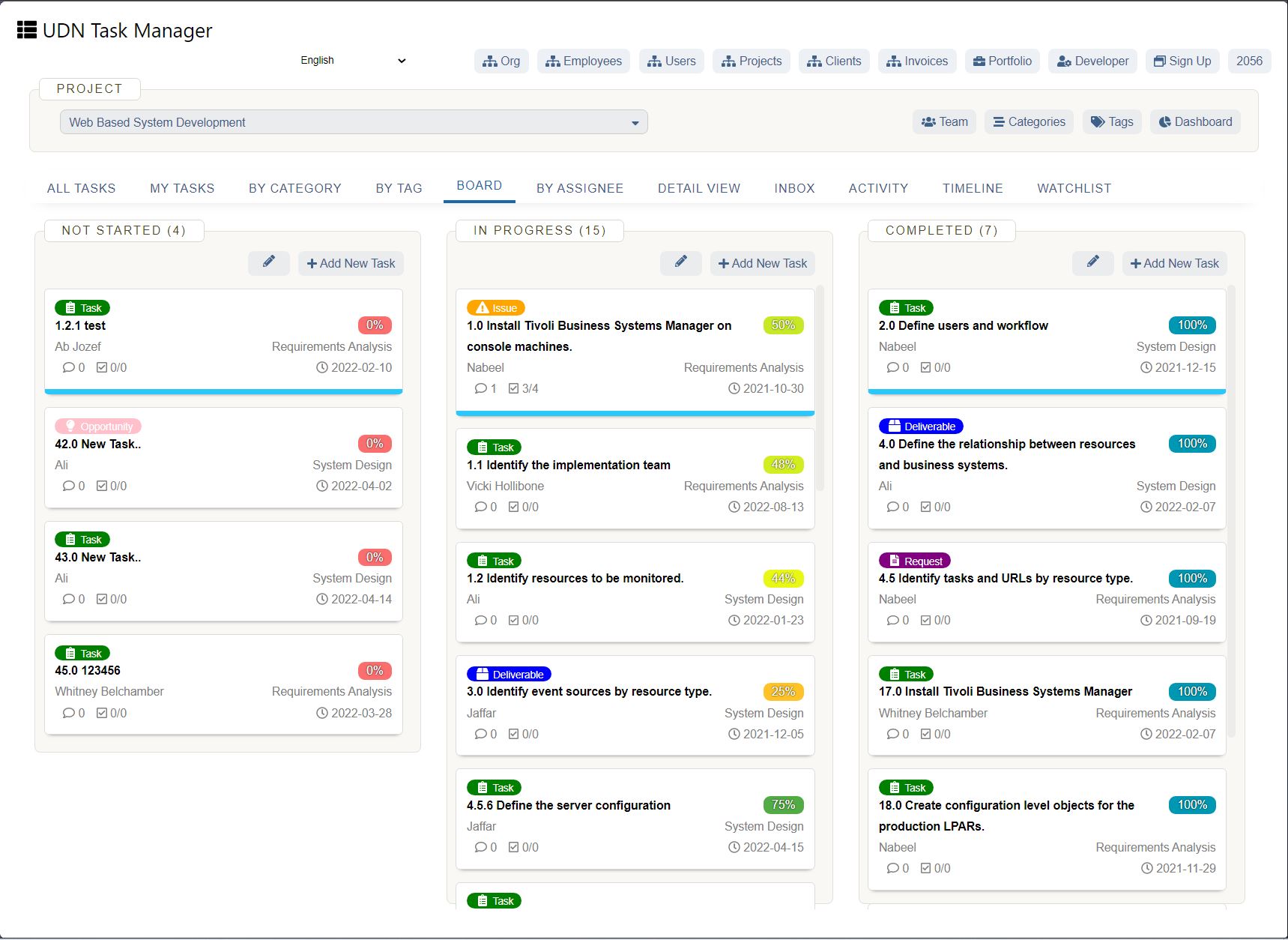
Studies have shown that emotional intelligence is equally important, or sometimes even more important, than traditional intelligence. According to a 2016 study , having high emotional intelligence was a better predictor of effective teamwork than having a high IQ. Additional studies have shown that high emotional intelligence leads to better job performance and leadership .
Emotional intelligence is all about understanding your own emotions and the emotions of others. High emotional intelligence helps you:
Effectively collaborate with your team members
Think before acting or reacting
Reduce your gut reaction or impulse
Overcome issues—both at home and in the workplace
Manage conflicts
Communicate in the workplace
Solve problems
Build stronger relationships
Connect with your emotions
Empathize with others
Build synergy between yourself and your peers
Attributes of emotional intelligence
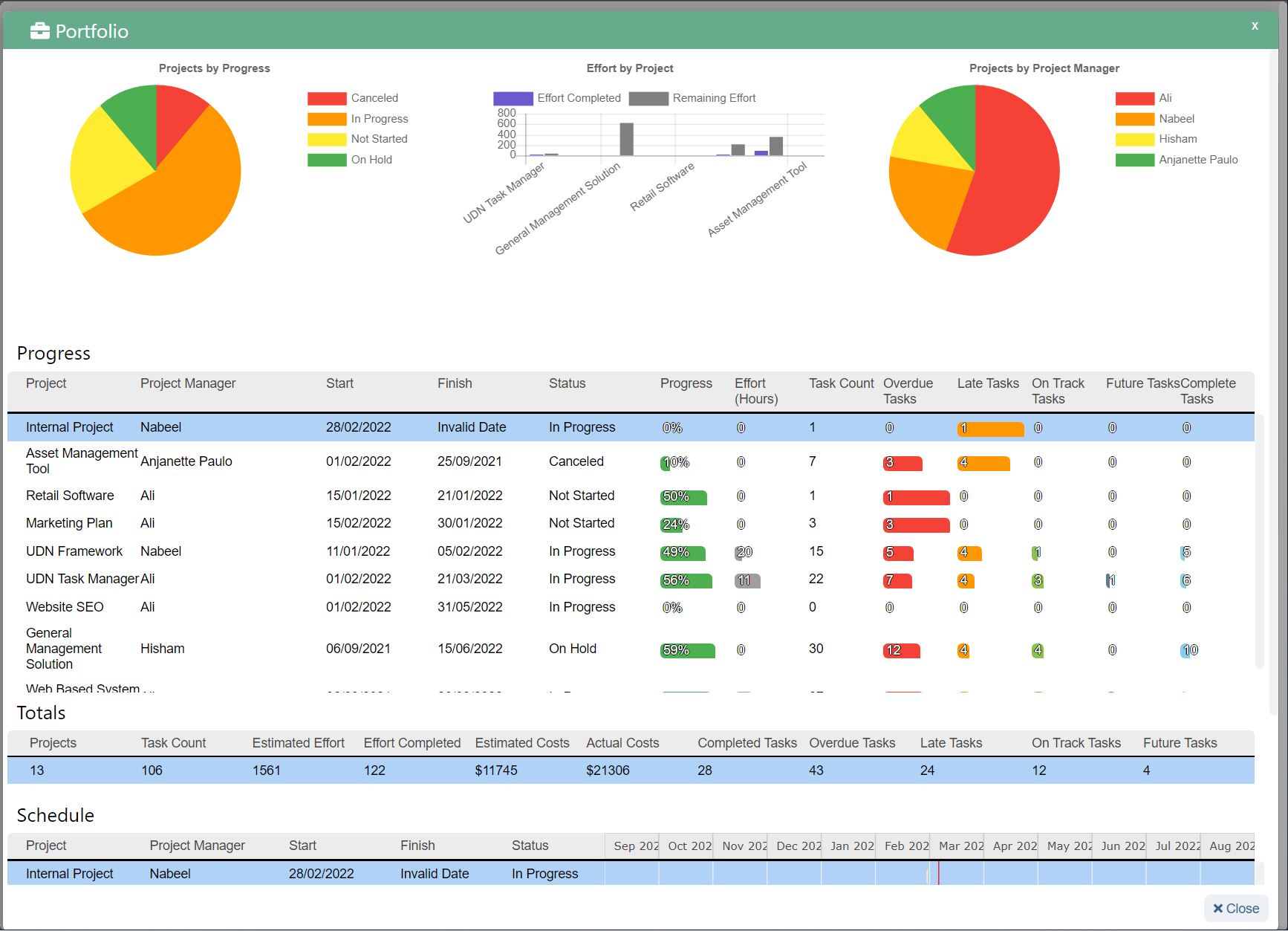
There are two main models of emotional intelligence. The first, developed by Daniel Goleman, includes five key attributes of EQ. The second, created by John Mayer and Peter Salovey, describes four main characteristics of emotional intelligence.
Daniel Goleman’s five attributes of emotional intelligence
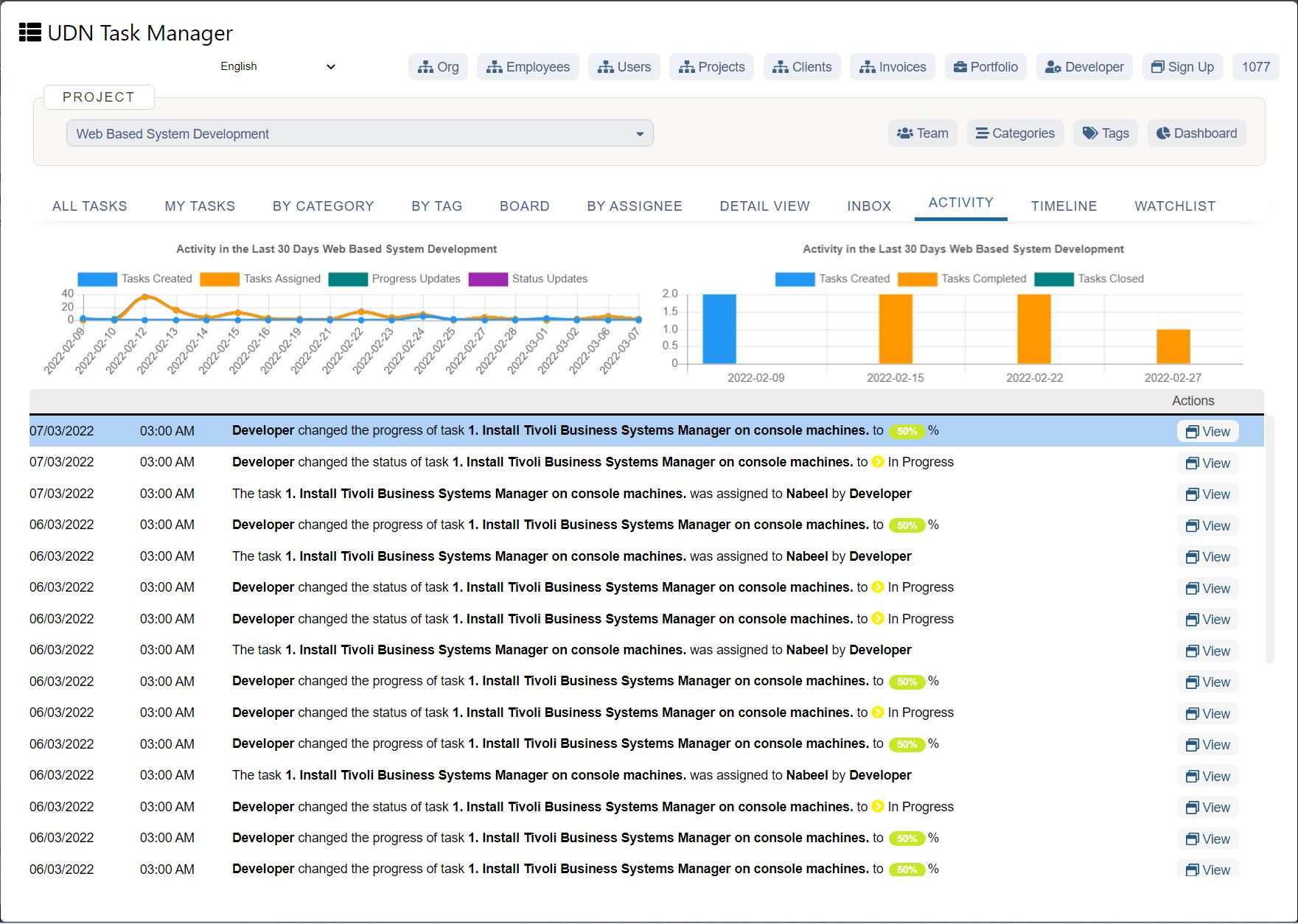
Goleman identified five key skills within EI, or emotional intelligence:
Self-awareness: The ability to understand your own emotions. Being self-aware means understanding your personal strengths, weaknesses, values, goals, and impact on others.
Self-regulation: The ability to regulate your emotions. Instead of acting impulsively, leaders with high self-regulation are able to pause and assess their emotions before reacting.
Motivation: The reasons behind why you want to succeed. Recognizing your motivation helps you tailor your empathic understanding.
Empathy : The ability to connect with the way other people are feeling. Empathy is often considered the cornerstone of emotional intelligence, since it’s an important foundation towards other emotional states.
Social skill: The ability to communicate and collaborate with others. Goleman compares social skills to your ability to guide others towards what you want them to do.
John Mayer and Peter Salovey’s four characteristics of emotional intelligence
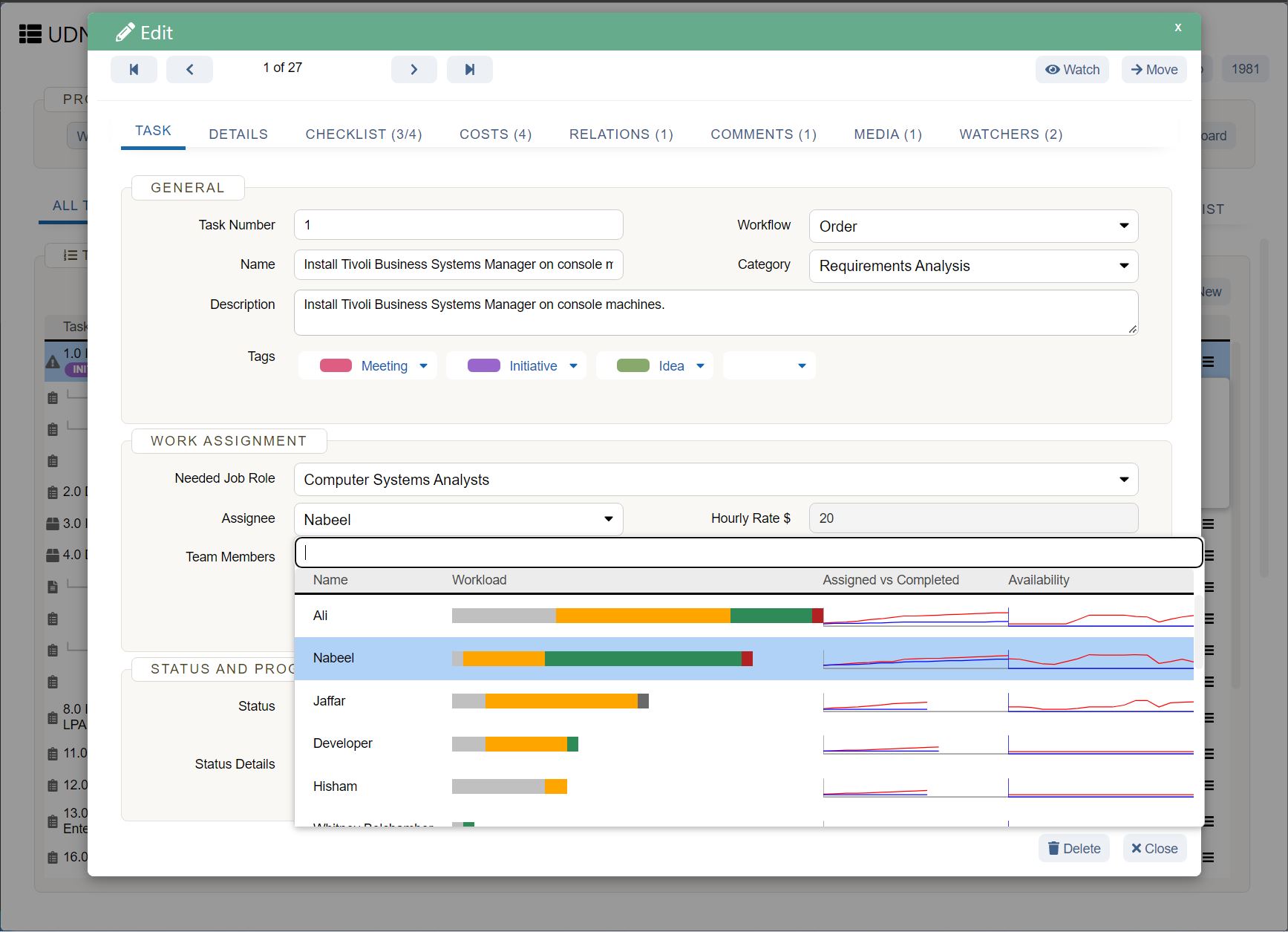
Mayer and Salovey also identified four characteristics of emotional intelligence during their research. Those characteristics are:
Perceiving emotions: The ability to identify the emotions other people are feeling. Self-awareness, and the ability to recognize your own emotions, also falls within this characteristic.
Using emotions: The ability to harness the emotions you perceive—either in yourself or in others—to support other cognitive processes like problem solving or decision making.
Understanding emotions: The ability to understand how emotions are related to one another, and how those emotions impact your actions, as well as the actions of others.
Managing emotions: The ability to regulate emotions in yourself and others. Managing your own emotions means reducing or drawing out relevant emotions to help you with the task at hand. But this characteristic also includes managing the emotions of those around you in order to hit your goals.
Using emotional intelligence in leadership

Research has shown that high emotional intelligence is critical for success in leadership. According to a 2005 study called higher emotional intelligence is associated with higher leadership effectiveness.
Goleman himself identified the relationship between emotional intelligence and leadership in his 1998 Harvard Business Review article, In it, Goleman states:
“
Emotional intelligence is important for all team members, but it’s particularly important for those in leadership positions. Goleman goes on to state:
“
9 ways to build your emotional intelligence in the workplace
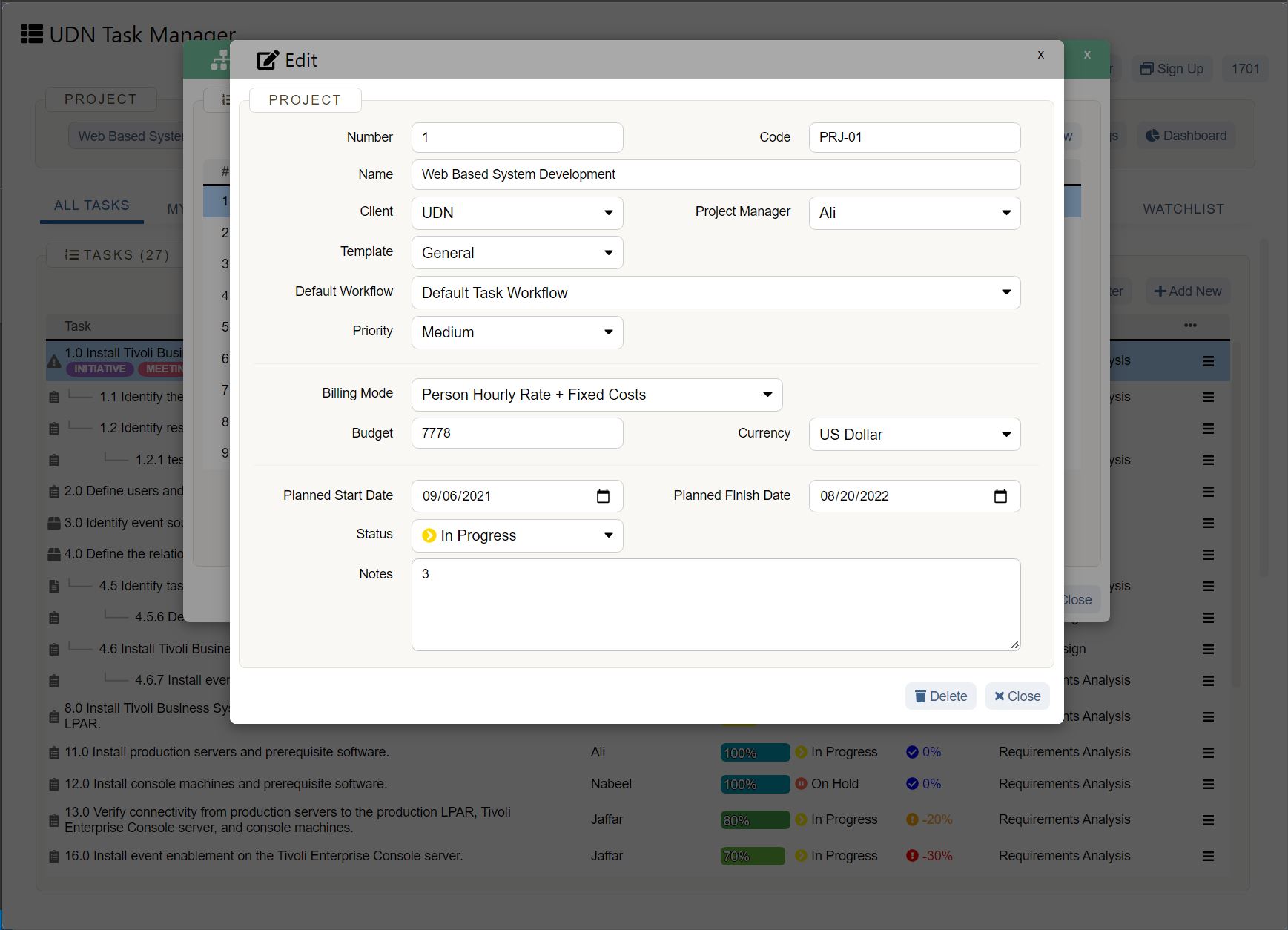
Regardless of which model of emotional intelligence you choose to follow—Goleman’s five attributes or Mayer and Salovey’s four characteristics of emotional intelligence—there are several key skills you can focus on to build EQ. Below, we’ll dive into each skill, as well as the practical workplace tools you can use to build them:
1. Build self-awareness
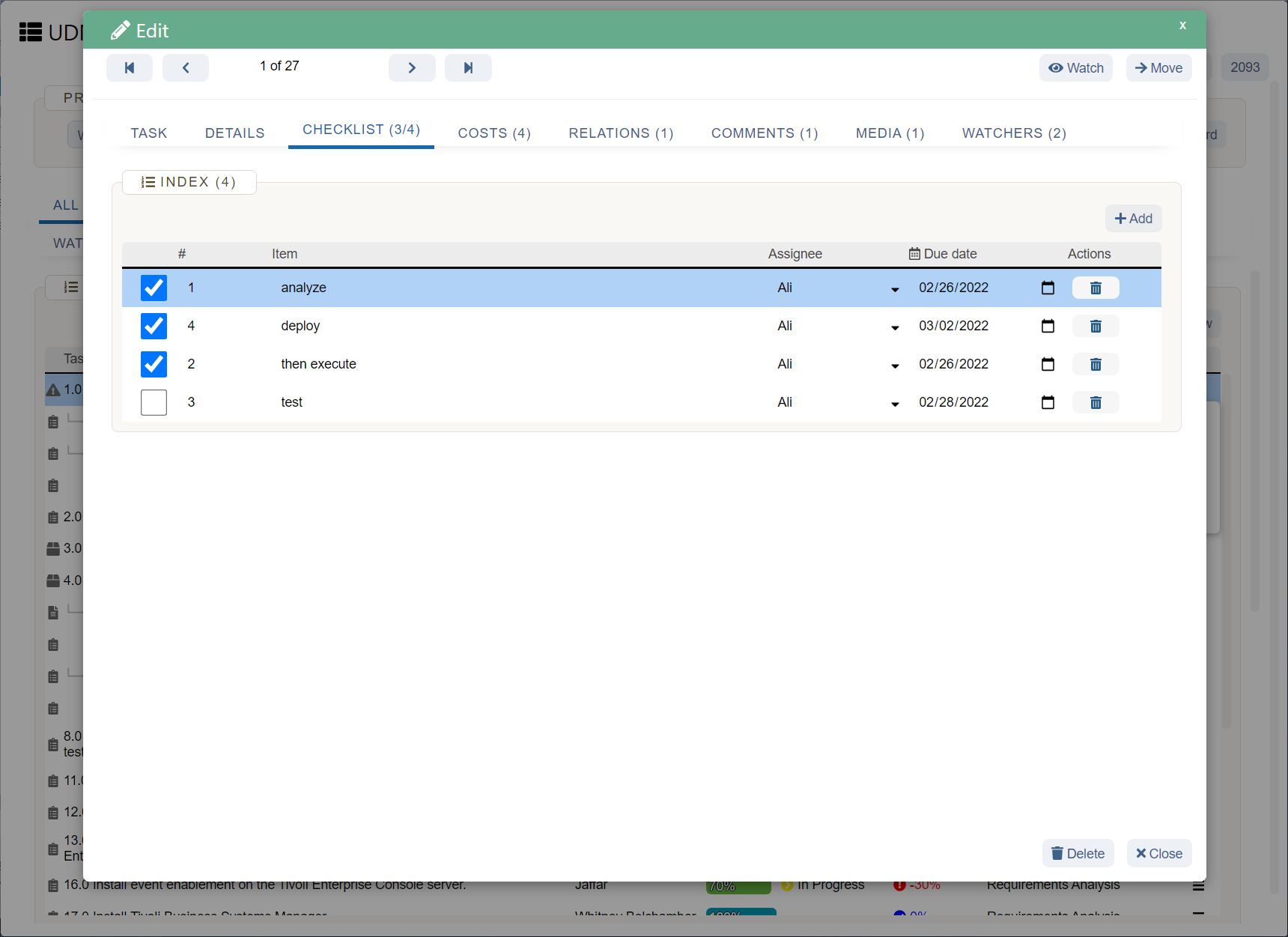
The first step towards improving your emotional intelligence is to know yourself. A big part of EQ is recognizing and understanding your emotions, and the impact those emotions have on your surroundings. But before you can understand the impact, you need to understand the emotions themselves.
There are a variety of techniques to build self-awareness, including:
Journaling
Identifying your values and driving principles
Defining your motivation and purpose
In the workplace, the best way to build self-awareness is to connect your daily work to larger team or company goals. Having this level of understanding helps you identify why you’re doing what you’re doing. When you have to make a decision, you will already have the awareness of why your work matters, and you can make the most informed decision as a result.
2. Practice mindfulness
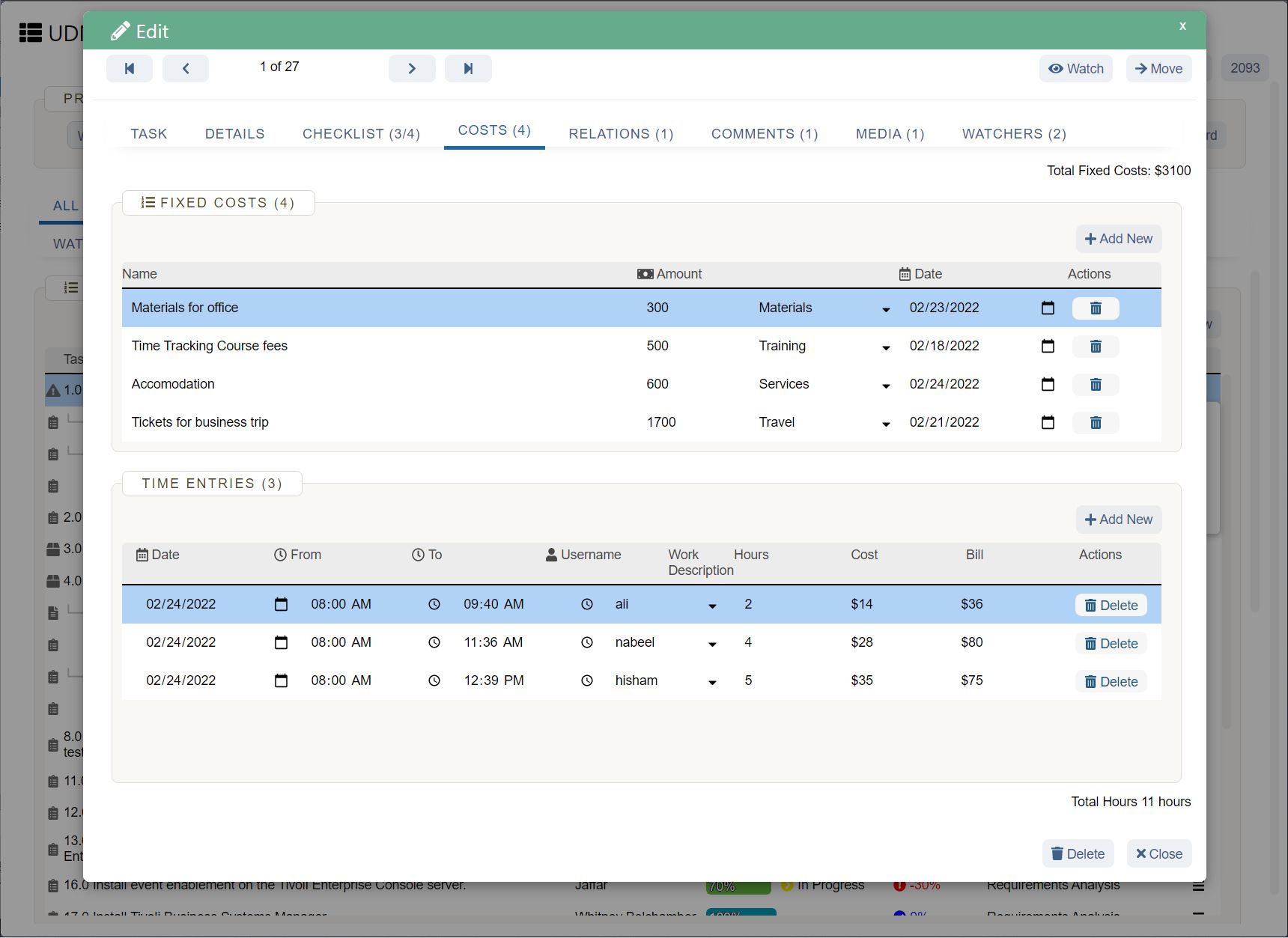
Once you understand your emotions, work on mindfully regulating them. This is a big component of self-control.
Journaling is the first step towards mindfulness. Once you’re practiced with journaling, use your increased self-awareness to note and name any emotional reactions you have. For example, when something goes wrong at work, what’s the first emotion you feel? Is it anger? Frustration? Self-doubt? Having a clearer sense of your emotions helps you on the path towards self-management.
3. Hone your empathy
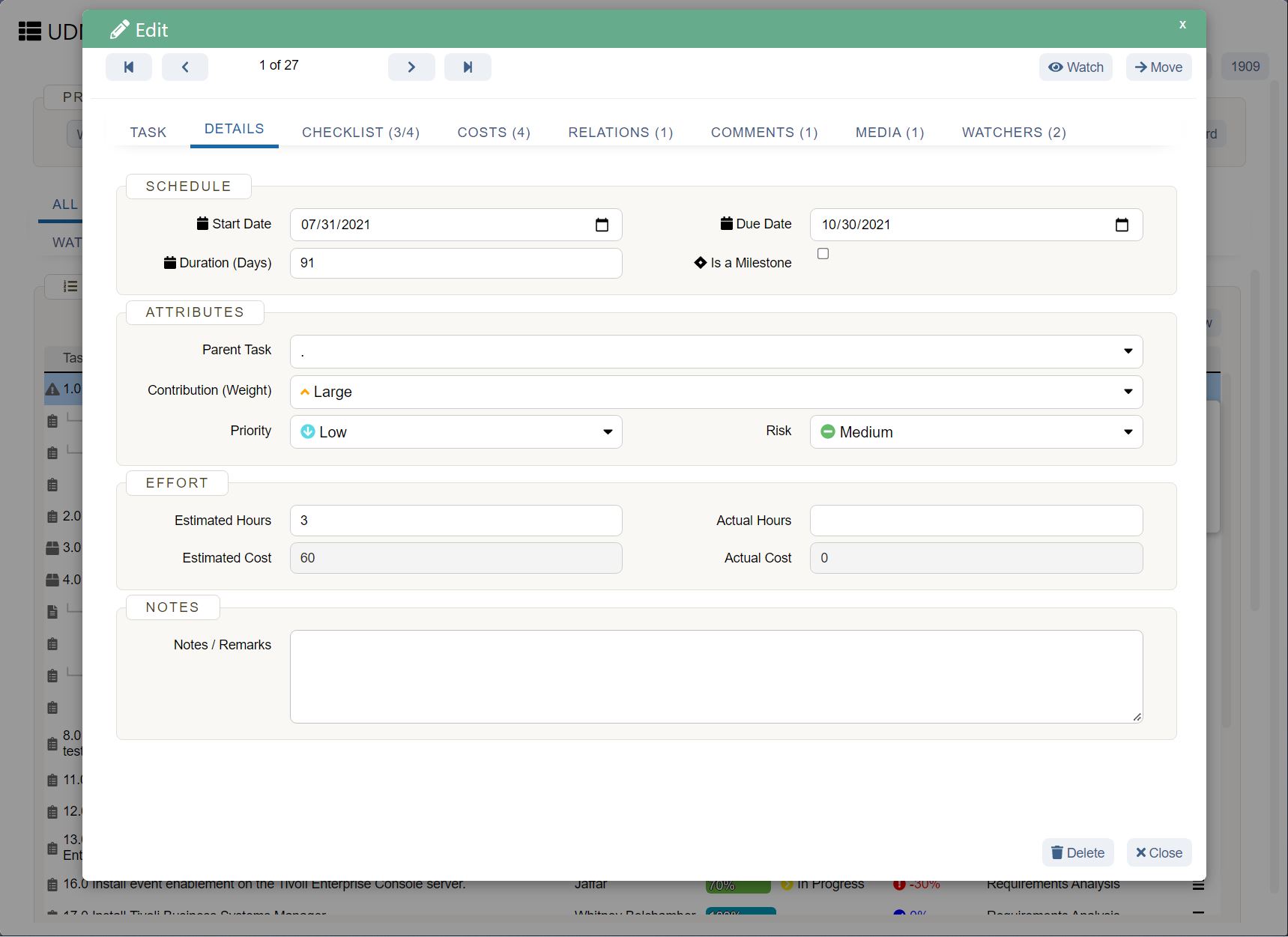
Empathy is your ability to connect with others. Empathy is a cornerstone of emotional intelligence training.
To build empathy, practice:
Understanding others. Empathy is about connecting with other people’s emotions. To start, focus on developing your understanding of other people. If they make a decision you wouldn’t have, lean into curiosity and empathy to understand why they did what they did.
Non-judgement. We all have a little voice in our head that makes immediate assumptions and judgements. Non-judgement isn’t so much about not having those immediate assumptions, but rather about learning to ignore them in favor of longer-term thinking.
Putting yourself in the other person’s position. Because empathy is about connection, a great way to create connection is to imagine you’re in the other person’s shoes. Sometimes they’ll make a decision you dislike or disagree with, but instead of reacting, try imaging the situation from their point of view.
4. Use active listening
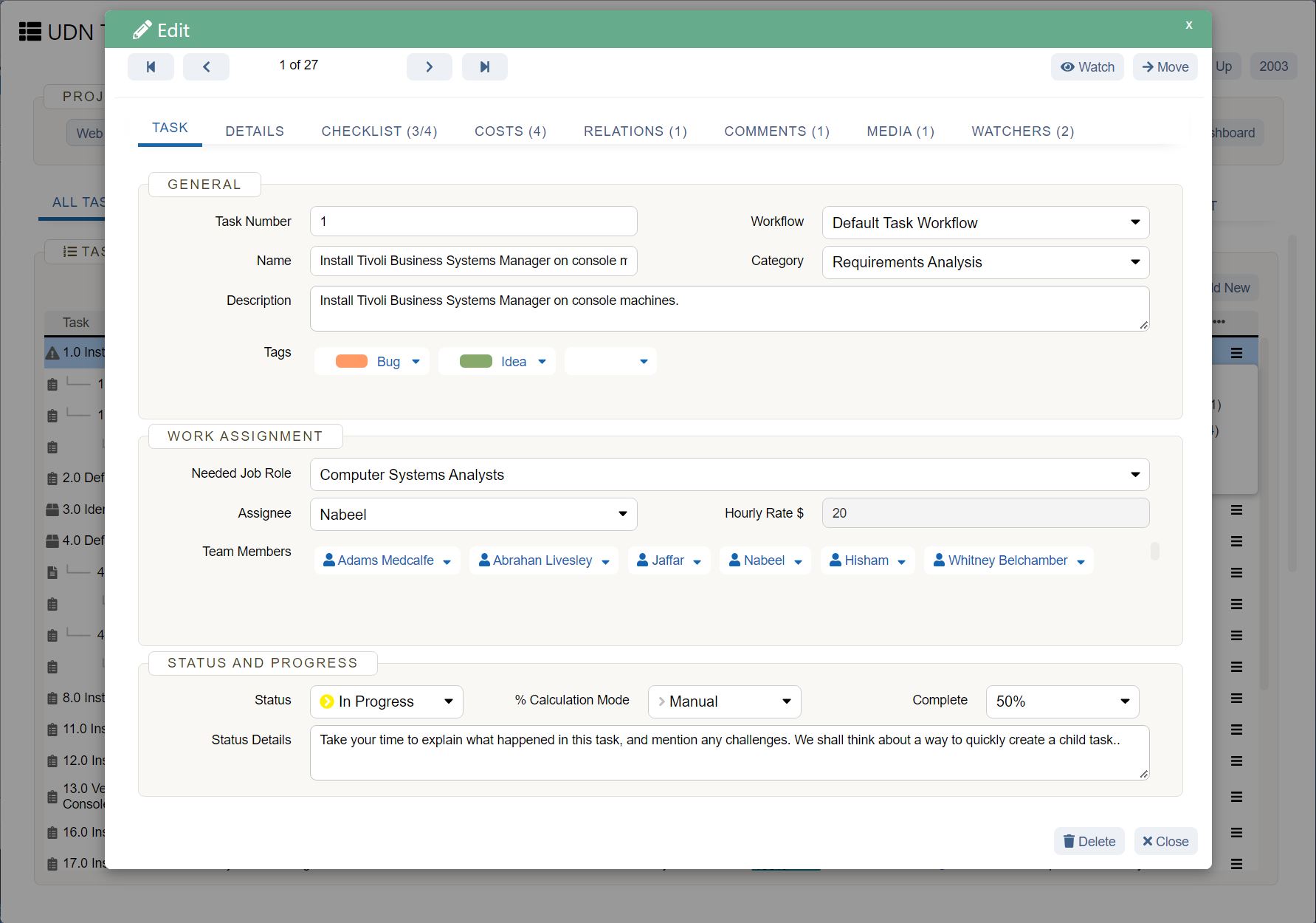
Active listening is the practice of listening to understand. Instead of thinking about what you’re going to say next, focus all of your attention on what they’re saying.
Active listening builds empathy, connection, and trust between you and another person.
Another key element of active listening is nonverbal communication and body language. Take note of what you’re doing while someone else is talking. Even if you’re interested, crossing your arms or looking away makes it seem like you aren’t. Try to maintain eye contact and polite, interested facial expressions to signify that you’re paying attention.
5. Practice adaptability
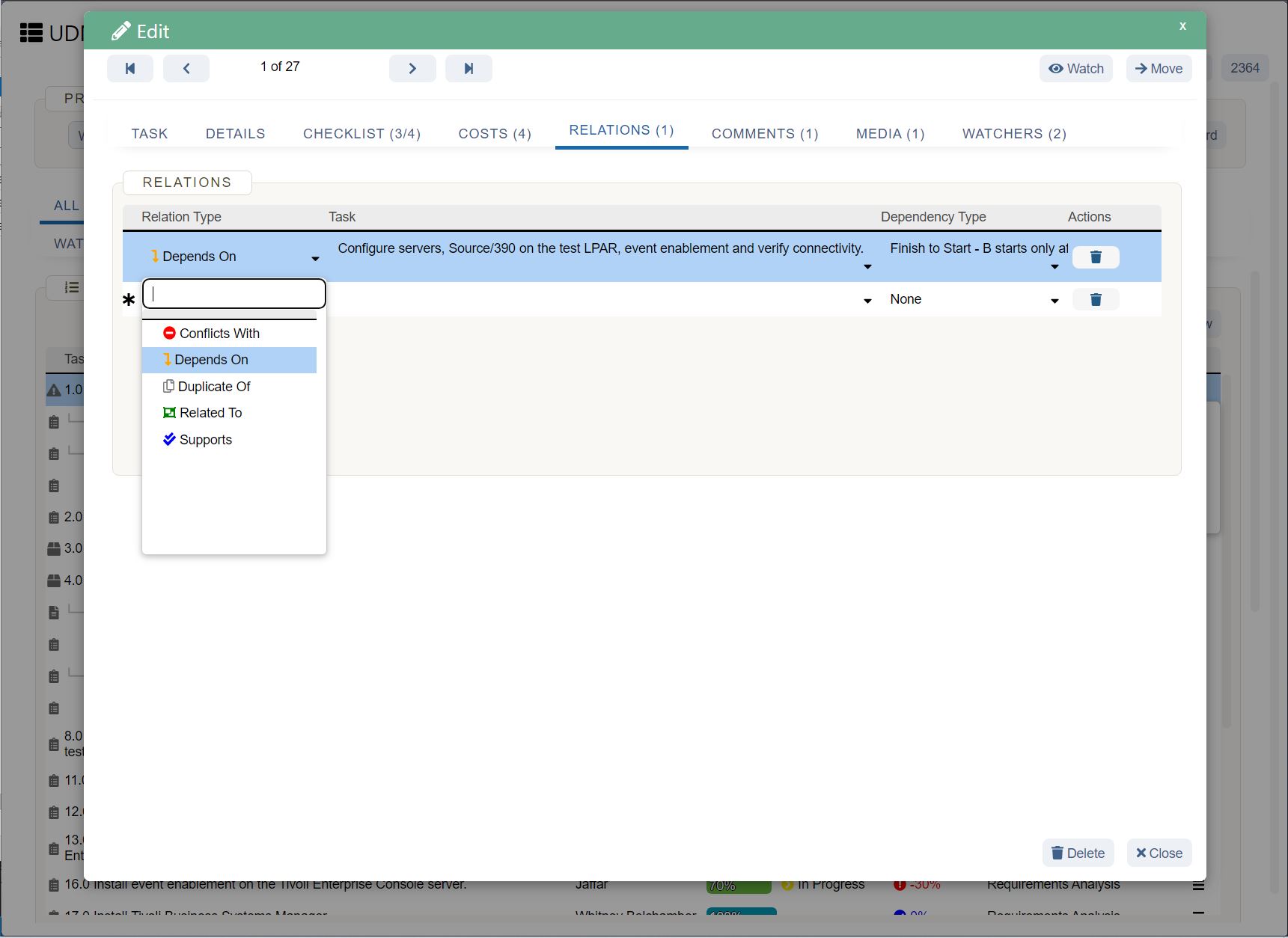
Adaptability, or the ability to be flexible in different situations, is critical for emotional intelligence. Once you’re good at recognizing emotions in yourself and others, use adaptability to react appropriately. This is called self regulation.
A big part of doing this in the workplace is knowing what your priorities are. If you’ve connected your work to your larger goals, you should have a sense of how your day-to-day tasks are contributing to larger team or company initiatives. As a result, if something comes up and you need to be adaptable, you can more effectively pivot to focus on the most important tasks.
6. Develop your social skills
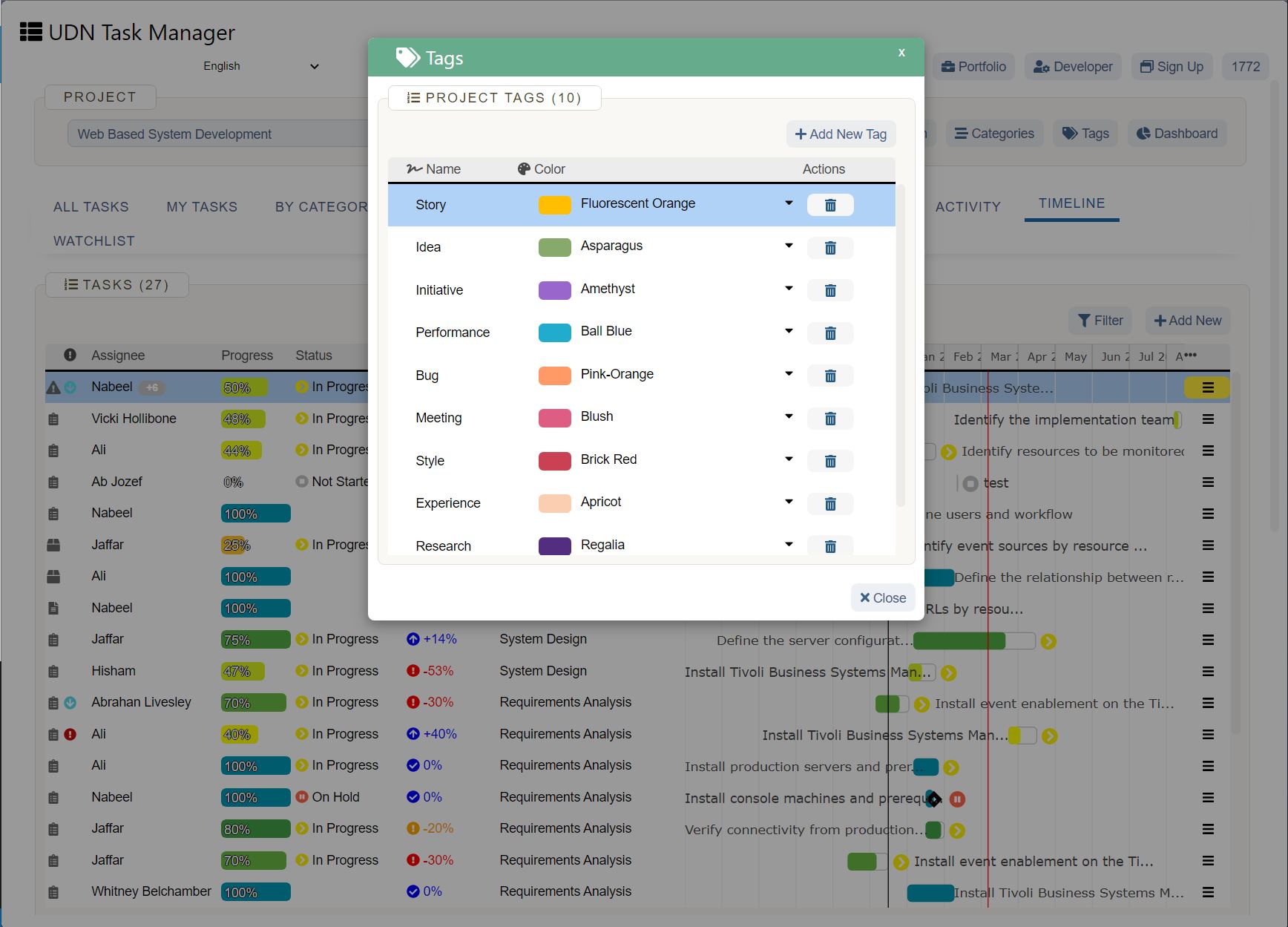
Think of social skills as your ability to apply your understanding of emotional intelligence in the workplace. Once you’ve developed a firm grasp on your own emotions and those of others, use that level of social awareness to communicate and collaborate more effectively.
Having good social awareness in the workplace means:
Understanding group dynamics . Group dynamics describe the interactions, attitudes, and behaviors between a set of people who are working together. With high emotional intelligence, you can accurately identify and navigate group dynamics.
Practicing good communication styles . Assertive communication helps you express your needs and advocate for your ideas. People with high emotional intelligence navigate conversations assertively without coming off as aggressive or passive aggressive.
Using the right management style (for managers). Democratic management emphasizes collaboration and communication. In order to develop a democratic management style, practice distributed decision making and lean into collaboration.
Collaboration tools can help. With an effective collaboration tool, you can manage work and work together more productively. Collaboration apps help your team more easily communicate, share files, and coordinate work.
7. Welcome feedback
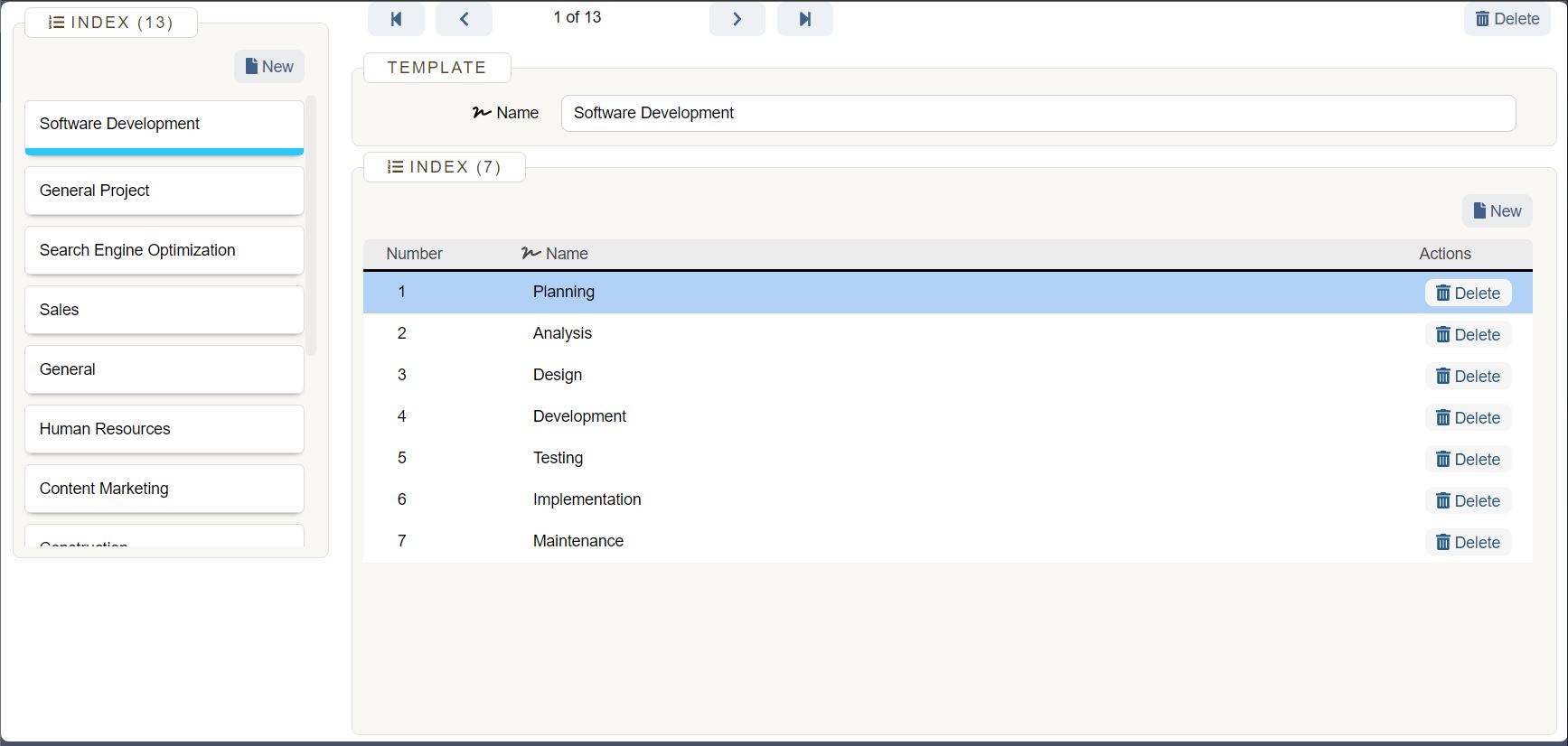
For a lot of us, the initial reaction to criticism—even constructive criticism—is immediately negative. But part of having high emotional intelligence is receiving feedback well, and even welcoming it.
To do this, recognize the value of the feedback being provided. When someone is sharing feedback with you, they’re going out of their way to help you in some way. Embrace that and recognize the feedback for the gift that it is.
To go even further, start incorporating feedback into your work life and 1:1 meetings. Solicit feedback on a regular basis, and see what you can learn from it. Consider keeping a list of feedback that’s been shared with you in your to-do list tool , so you can more easily access it and learn from it.
8. Learn about conflict resolution
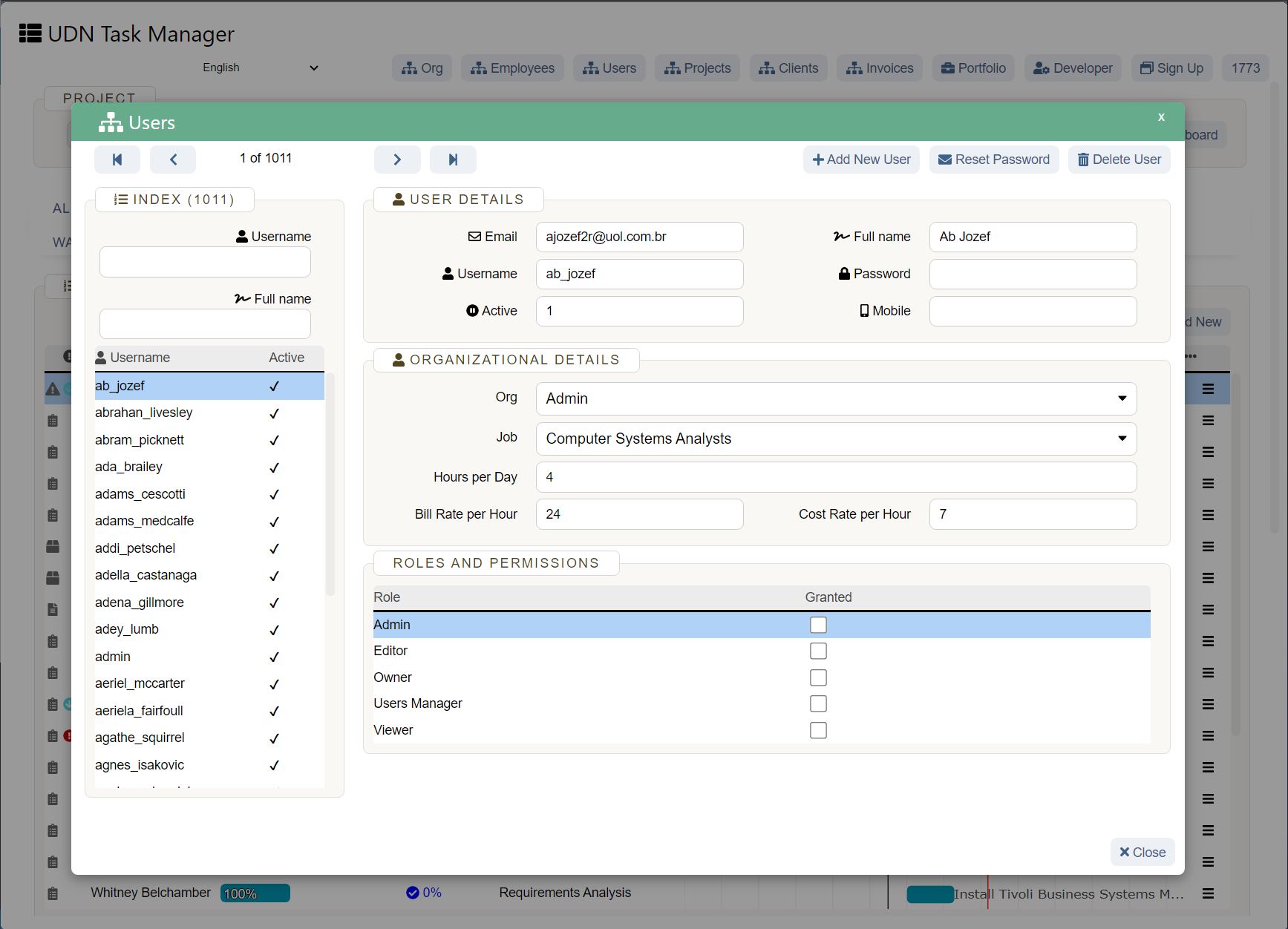
Because so much of emotional intelligence is about recognizing and regulating emotions, it is particularly helpful during conflict resolution. Conflict resolution is the process of resolving workplace conflicts in order to foster an open, honest, and inclusive workplace. With high emotional intelligence, you can make each team member feel heard and supported during the conflict resolution process.
9. When in doubt, reflect
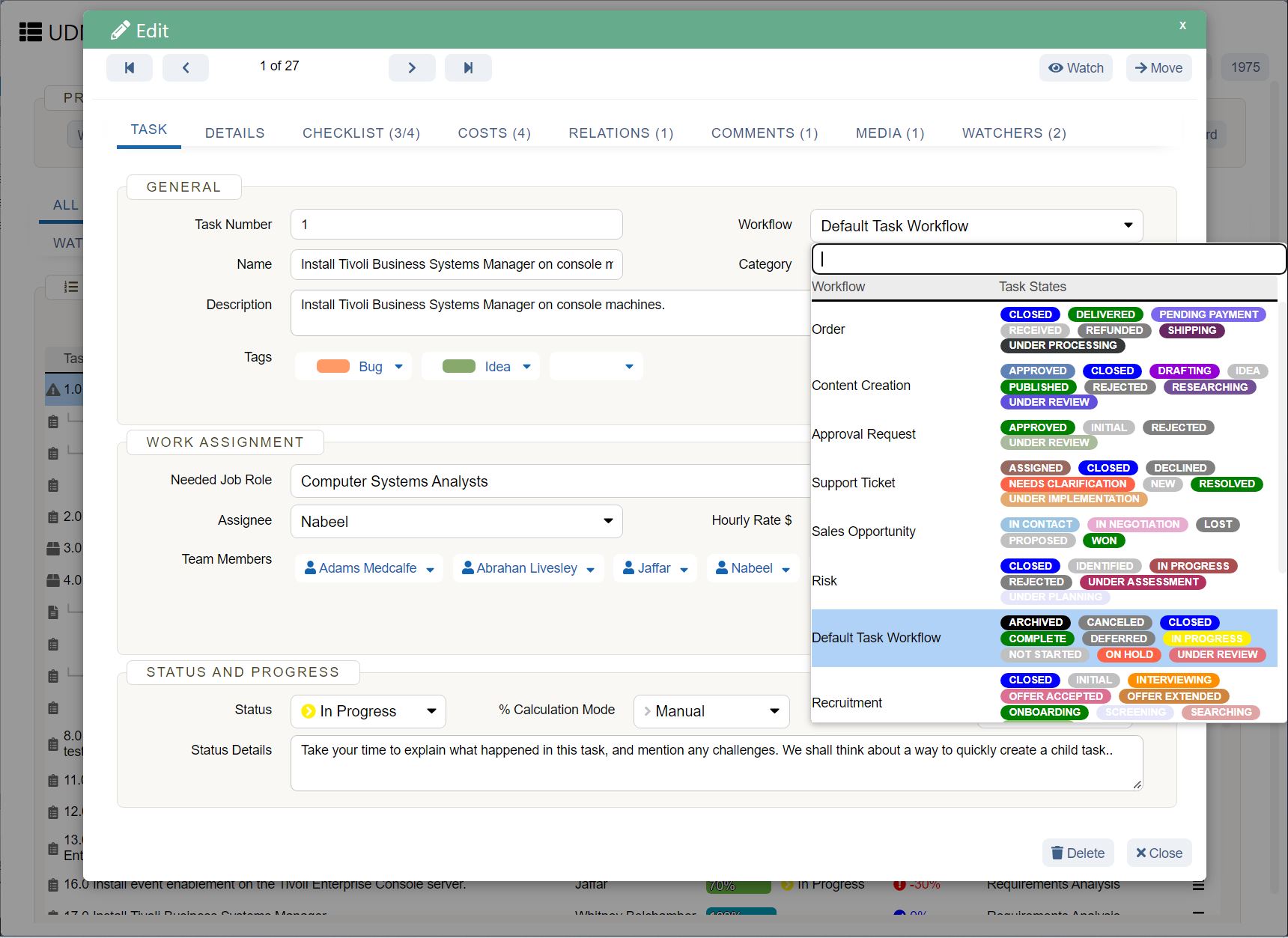
A big part of developing your emotional intelligence is understanding emotions in the moment. But reflecting on past experiences helps you build emotional intelligence in the long term. By recognizing past habits, or looking at previous emotional situations with your new emotional know how under your belt, you can better prepare for future situations.
Growing into emotionally intelligent people
Emotional intelligence is the foundation of good interpersonal relationships in the workplace. But a key part of this is also understanding how to collaborate effectively with your team members. Learn how team collaboration software helps you stay connected and collaborate with your team.










